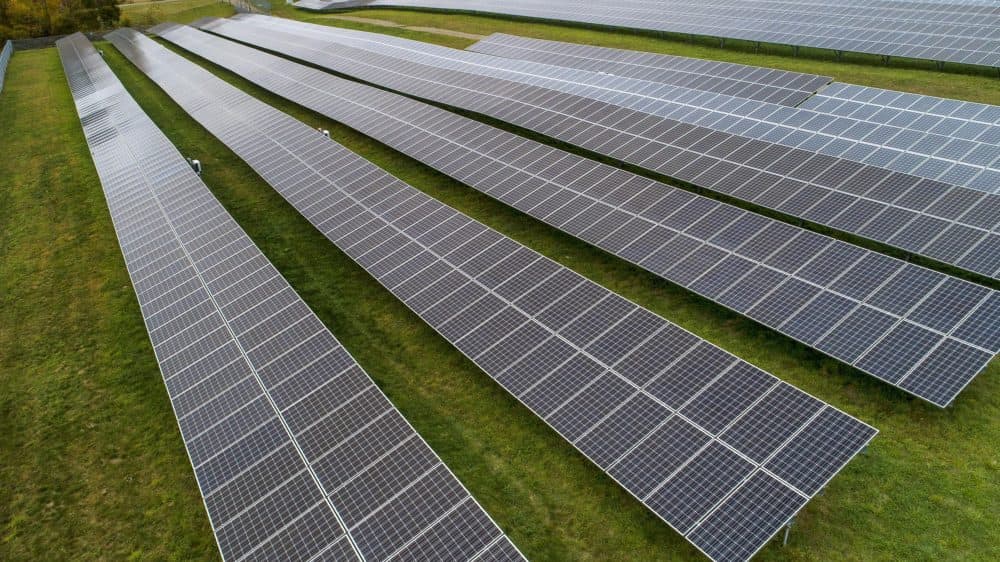Advertisement
House Speaker Says He'll Refile Climate Bill If Baker Vetoes

As Gov. Charlie Baker weighs a possible veto of climate legislation on his desk, House Speaker Ronald Mariano is preparing to refile the bill in its entirety on Thursday should the governor reject the bill as passed, according to the speaker's office.
The step is intended to send a message to Baker that House Democrats stand behind the proposal, which would require Massachusetts to go carbon-neutral by 2050 and set a series of interim benchmarks intended to keep Massachusetts on the path.
The bill would also direct utilities to purchase more offshore wind power, set efficiency standards for appliances and increase the amount of renewable sources that feed the state's electricity supply to 40 percent by 2030.
"This is meant to send a strong message to people supportive of the bill to stand firm, and that there's not a lot of appetite for changes," said someone close to the speaker, who asked to speak anonymously. Mariano spoke Wednesday with Senate President Karen Spilka about his plan, and she supports it, according to the source.
Both the House and Senate passed the climate legislation on Monday, Jan. 4, a day before the Legislature brought its two-year session to a close.
Baker supports the broad objectives of the bill, but has concerns with details and is said to be frustrated with the Legislature that it waited until so late in the session to send him such a complex bill for review.
Sources who have spoken to officials within the administration told the News Service on Tuesday that Baker was seriously considering a veto of the legislation, which would force the Legislature to start the process again in the new year. The governor's office says he is still reviewing the bill.
Environmental groups, however, worry that a veto would send the wrong message to states around the country who are watching Massachusetts. The bill, if it becomes law, would establish the most aggressive timeline for emission reductions in the country.
Because of the bill's late arrival, Baker can either sign or veto the legislation, but no longer has the option of returning it with amendments since a new Legislature has been seated. He could also sign the bill as it is, and file a new bill with his recommended changes.
Advertisement
If Baker doesn't sign the bill either Wednesday or Thursday, it will expire on his desk in what is known as a pocket veto.
Baker has concerns with some of the interim emission reduction targets set by the bill, including the requirement that Massachusetts reduce emissions by 50 percent below 1990 levels by 2030. The governor's own plan calls for a 45 percent reduction by the end of the decade, and the administration worries that anything more aggressive would be costly and disruptive to the economy.
The state still doesn't know whether it has met an existing requirement to reduce 2020 emissions by 25 percent compared to 1990 emissions levels. The Baker administration in October released its latest update to the Massachusetts Greenhouse Gas Emissions Inventory which showed emissions in 2018 were 22.2 percent below emissions in 1990, compared to 2017 emissions that were 22.7 percent below 1990 levels.
The governor is also being pressured by developers to veto the bill over a provision that would allow cities and towns to adopt building codes that would require new construction to be carbon neutral.
The Greater Boston Chamber of Commerce and NAIOP, the commercial real estate development association, oppose changes to the building code that they say would make construction more costly and drive up already high prices for housing and office space.